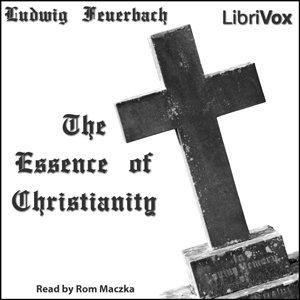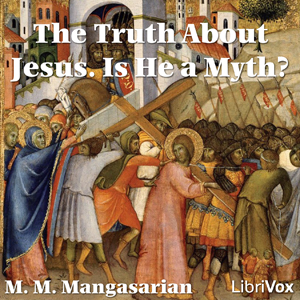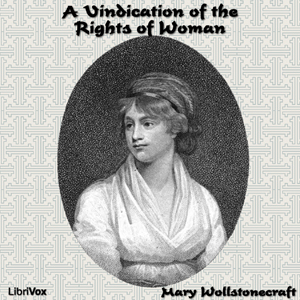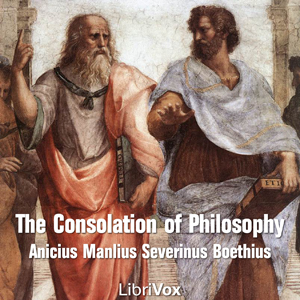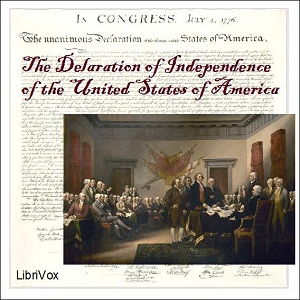- 00 - Preface, Part I
- 01 - Preface, Part II
- 02 - The Essential Nature of Man
- 03 - The Essence of Religion Considered Generally, Part I
- 04 - The Essence of Religion Considered Generally, Part II
- 05 - God as a Being of Understanding
- 06 - God as Moral Being or Law
- 07 - Chapter 4 - The Mystery of the Incarnation; or, God as Love, as a Being of the Heart
- 08 - Chapter 5 - The Mystery of the Suffering God
- 09 - Chapter 6 - The Mystery of the Trinity and the Mother of God
- 10 - Chapter 7 - The Mystery of the Logos and Divine Image
- 11 - Chapter 8 - The Mystery of the cosmogonical Principle in God
- 12 - Chapter 9 - The Mystery of Mysticism, or of Nature in God, Part I
- 13 - Chapter 9 - The Mystery of Mysticism, or of Nature in God, Part II
- 14 - Chapter 10 - The Mystery of Providence and Creation out of Nothing
- 15 - Chapter 11 - The Significance of Creation in Judaism
- 16 - Chapter 12 - The Omnipotence of Feeling, or the Mystery of Prayer
- 17 - Chapter 13 - The Mystery of Faith - the Mystery of Miracle
- 18 - Chapter 14 - The Mystery of the Resurrection and of the Miraculous Conception
- 19 - Chapter 15 - The Mystery of the Christian Christ, or the Personal God
- 20 - Chapter 16 - The Distinction between Christianity and Heathenism
- 21 -Chapter 17 - The Significance of Voluntary Celibacy and Monachism
- 22 -Chapter 18 - The Christian Heaven, or Personal Immortality, Part I
- 22 -Chapter 18 - The Christian Heaven, or Personal Immortality , Part II
- 24 -Chapter 19 - The Essential Standpoint of Religion
- 25 - Chapter 20 - The Contradiction in the Existence of God
- 26 - Chapter 21 - The Contradiction in the Revelation of God
- 27 - Chapter 22 - The Contradiction in the nature of God in general
- 28 - Chapter 23 - The Contradiction in the Speculative Doctrine of God
- 29 - Chapter 24 - The Contradiction in the Trinity
- 30 - Chapter 25 - The Contradiction in the Sacraments
- 31 - Chapter 26 - The Contradiction of Faith and Love, Part I
- 32 - Chapter 26 - The Contradiction of Faith and Love, Part II
- 33 - Chapter 27 - Concluding Application
Taking issue with Hegel's sense that God, as Logos, is somehow central to all that is, Feuerbach explores his own notion that Christianity, as religion, grew quite naturally from ordinary human observation. Only upon deeper, systematic reflection did people postulate a divine source--God. Religious teaching which loses sight of its own essential rootedness in human experience runs the risk becoming overly abstract, disconnected even, from realities which shape humanity and which impart meaning and dignity to life. Fuerbach illustrates this not only on the example of the doctrine of God, but also with respect to creation, prayer, miracles, Trinitarianism, sacramentalism, and other dogmas at the core of Christianity. (Introduction by Rom Maczka)
There are no reviews for this eBook.
There are no comments for this eBook.
You must log in to post a comment.
Log in

